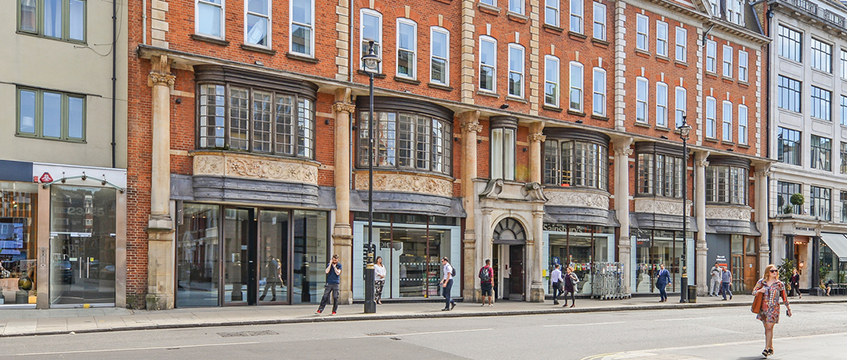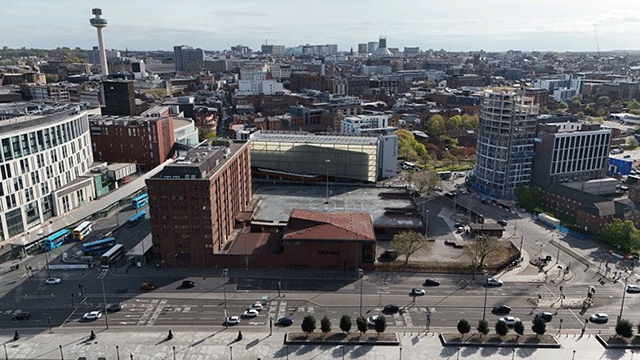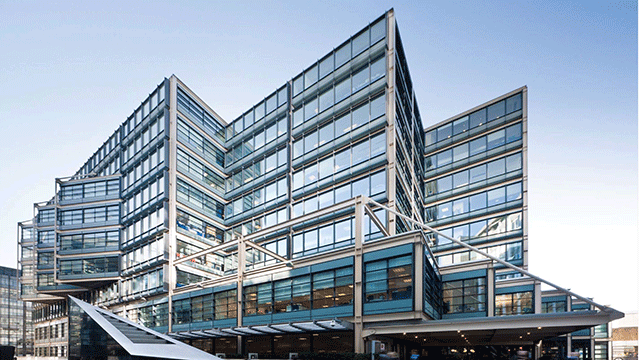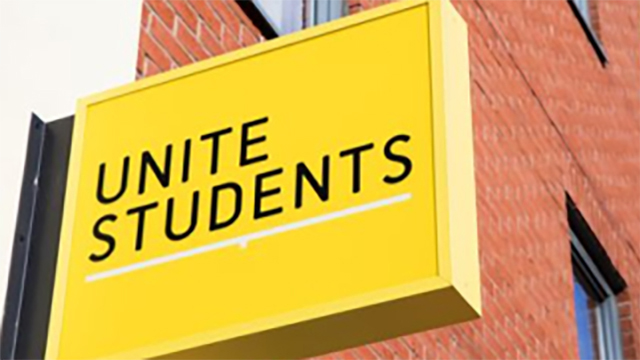COMMENT I had a revelation on the train in today: the We Company is not the great disruptor and innovator that we’ve all been led to believe it is.
Okay, it has definitely shaken up the office environment across the world over the past few years and is aiming to do the same in the housing market and education too, but I found myself questioning its originality and innovation. Twice.
The firm this week announced that it was starting a “future cities” initiative, using the colossal amount of data it has on how people work and live to create communities that help address the problems created by globalisation, urbanisation and climate change. It has hired former Waze and Google executive Di-Ann Eisnor and urban planner Dror Benshetrit to lead the initiative.
Sound familiar? Sidewalk Labs anyone?
Original or not, it does throw up yet more interesting questions around the evolution of the built environment and the role of the traditional developer.
Talking to EG, Sidewalk Labs founder Dan Doctoroff insisted that Sidewalk was not trying to replace developers but wanted to work alongside them. But let’s face it, laying brick-on-brick isn’t rocket science and when that inevitable day comes when the data tells you how best to lay those bricks, will there still be a need for those partnerships? And if so, which partner will be the most powerful?
Surf’s up
My second déjà vu moment with regards to the mighty We Company followed swiftly after the Eisnor news. I started reading Let My People Go Surfing this week. It’s a book, written by Yvon Chouinard, the founder of Patagonia, about how he set up the outdoor clothing company and the ethos behind it. It is a fascinating and encouraging read for anyone in business.
Patagonia was the first company to put its people and enjoyment at the heart of what it does. It only ever had open-plan offices, it enabled flexible working and paid parental leave for men and women, provided workspace where you could bring your child or pet to work, where you could walk around barefoot in whatever clothes you felt comfortable in, where you could down tools and go surfing if the waves were just too gnarly to ignore.
Sound familiar? And this was the 1980s.
Does originality matter?
There are definitely no (or at least very, very few) new ideas out there. Good luck to anyone looking for true originality.
But does originality actually matter? Is it anything more than just a vain attempt at marketing and promotion, to look like you are the best, you are the first?
Plenty have copied WeWork’s model and it has at least changed the discussion about workplaces for the better, and I’ll make a bet that WeWork won’t be the only non-real estate company to follow in Sidewalk’s footsteps and use its data to develop better neighbourhoods.
Personally, I’m all in favour of copycatting. Imagine if we all copied Patagonia’s approach to business, or New Zealand prime minister Jacinda Ardern’s approach to leadership. Just sit with that for a moment. Imagine a world where we put what was best for the people and the planet first, not profits, not self. What exactly would that look like and could we build it?
Those were among the many questions debated at MIPIM last week, and they are certainly the questions we will be asking going forward.











